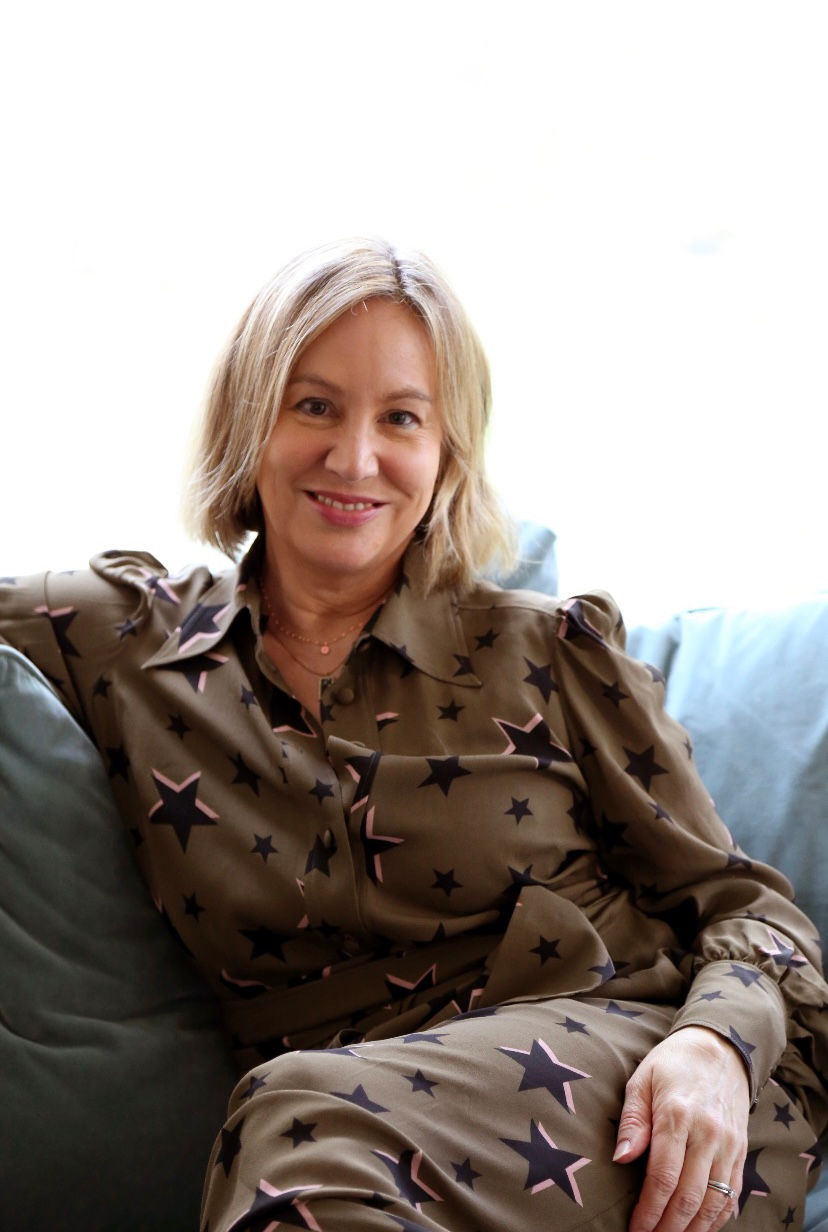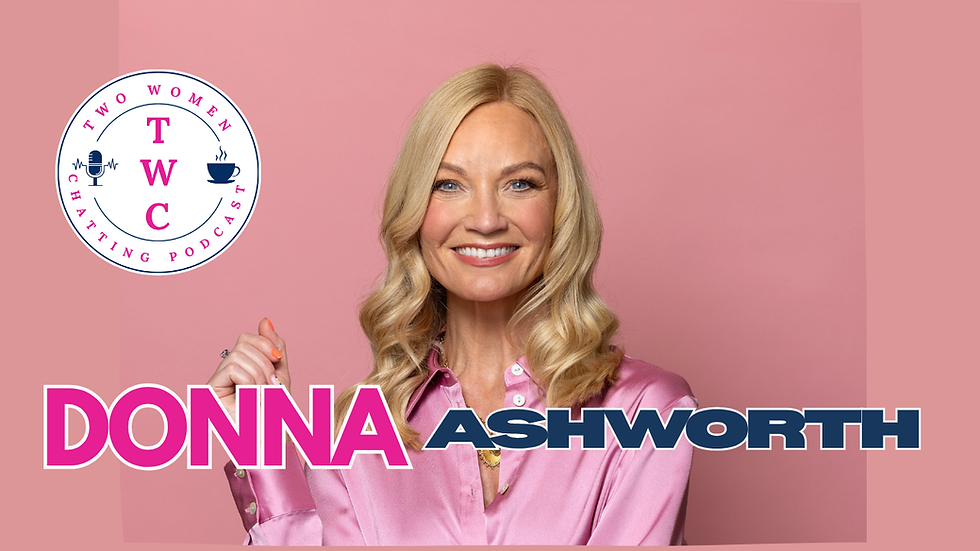Silent killer- midlife burnout?
- Two Women Chatting

- Feb 12, 2023
- 3 min read
Updated: Feb 13, 2023
Back in October 2022 we spotted an article in The Sunday Times written by Marianne Jones all about midlife burnout, and it really piqued our interest. In 2019 'Burnout' was actually recognised by the World Health Organisation (WHO) as an 'occupational phenomenon with feelings of energy depletion or exhaustion, feelings of negativity towards one’s job and a reduced ability to cope'.

The term was initially believed to be a syndrome resulting from chronic workplace stress that has not been successfully managed, however four years on and it has become widely acknowledged to cover all areas of life, not just the workplace. We just had to invite her on the podcast to talk about midlife burnout.
She explained how her commitment to her long career as a multi award-winning editor, writer, podcast host and brand consultant, with 30-plus years' experience in women's lifestyle media led to her being on the brink of chronic illness. For decades she’d worked hard, striving for the respect of publishers and bosses, beating her rivals to cover stars and exclusives, constantly proving she was as good or better than her male counterparts and then, during covid, when the lines blurred between the working day and home life, her body rebelled at the stress.
Marianne described how the doctor delivered the bad news, that “at the age of 55, my body was screaming at me to slow down or pay for it. I was stressed and burnt out". He told me I needed to take significant time off work.
What is burnout?
Burnout is often described as the “silent killer” as it can quietly damage the body for years before symptoms such as chronic fatigue, headaches, aches and pains, digestive problems, sleep issues, anxiety and depression can develop - along with scarily high blood pressure.
What Does Burnout Feel Like?
The first symptoms are usually extreme tiredness or chronic fatigue, irritability and cynicism. Increasing tiredness often means you are unable to cope with the demands put on you and relationships become strained and this is equally true of cynicism. Social isolation is very common among people experiencing burnout. Recognising symptoms early can make a huge difference. According to burnout researcher Diane Bernier, the journey to recovery consists of six stages you’ll have to walk through one stage at a time:
Stage 1: Admit to yourself that you’re burned out. The first step in every recovery is realizing that something isn’t right and that you need to make a change.
Stage 2: Distance yourself from the stress triggers. You can’t just keep going and expect things to change. Identify what’s stressing you out and take a break.
Stage 3: Restore your health. Catch up on sleep, exercise, eat healthy foods, and socialize with the people you love
Stage 4: Reevaluate your values. Once you feel like your brain and body are resetting a bit, take a real step back and think about what’s missing in your life. Do you have enough time with your family? Is your job too much? Are you bored at work? Do you make time for yourself?
Stage 5: Explore other options and possibilities. Once you know what you’re missing and identified what you need, explore alternatives. Should you look for a new job? Take up a sport or hobby?
Stage 6: Take a break and make a change. Hopefully, you can return to your old job with a new mindset and things work out. Maybe there are some changes that you make or ask for that will help you feel better about your work-life balance?
So how can you recover if you think you have burnout?
Self-help methods such as exercise, meditation, healthy eating and other lifestyle changes may work however once you are experiencing severe burnout these may well not make much difference alone and you may need to seek the help of a doctor or specialist.
How Long Does It Take To Recover From Burnout?
Just like symptoms will be different for each person the recovery length won’t be the same either. It may take a few weeks or months but for others, it may take a few years.
Most importantly be kind to yourself and always seek the guidance of your doctor or other qualified health professional with any questions you may have regarding your health or a medical condition.
Visit our resources page which has a collection of useful links from 3rd party websites and content.
Listen to our podcast where we chat with Marianne Jones.
Did you enjoy this article? Why not join the Two Women Chatting mailing list for regular updates.















Comments